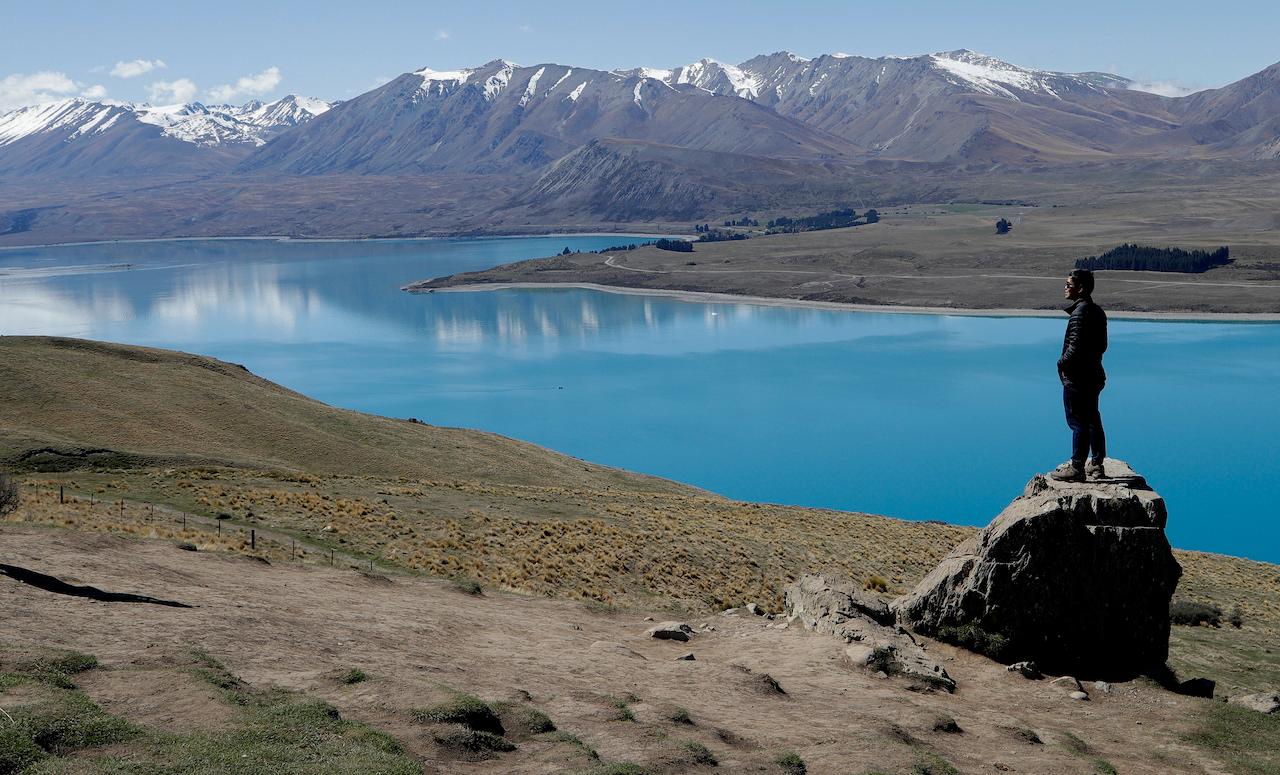New Zealand tourism aims for more responsible return
There are calls to use the pandemic-enforced break in tourism as a chance to curb its impact.
New Zealand is hopeful that a recently opened travel bubble with Australia will rekindle its pandemic-battered tourism industry, if only in a small way.
Many also see an opportunity to rethink how to make the sector more climate friendly and protective of the environment, says the BBC.
Pre-pandemic, between one and 1.5 million Australians visited New Zealand annually, accounting for 40% of the country’s overseas visitors. Those numbers dropped to zero when New Zealand closed its borders after Covid-19 arrived.
So far, most Australians have used the bubble to reunite with loved ones they haven’t seen for a year. It will be a while before the full economic benefit of Australians returning is felt, but the industry is optimistic.
But along with the optimism is an awareness that the tourism industry has always grown at significant environmental cost.
New Zealand has marketed itself to visitors on its natural wonders: glaciers, lakes and mountains, but before the shutdown experts were warning that hosting so many people in remote areas is damaging the unspoiled environment.
There are now calls to use the break in tourism as a chance to curb its impact.
Proposals so far presented to the government include limiting visitor numbers at tourism sites and a departure tax to help counterbalance climate impact.
“I think with climate change, people are realising that they have to change what they do. We do need to do things differently and that will be costly,” said Simon Upton, New Zealand’s Parliamentary Commissioner for the Environment, who made the recommendations.
“Asking travellers to contribute a small amount as they leave our shores is the most constructive thing we could do,” he said.
However, it’s a difficult proposition for an industry that has already suffered so much.
David Gatward-Ferguson is managing director of Nomad Safaris, whose off-road tours explore everything from historical gold mining areas to spectacular mountain scenery and Lord of the Rings filming locations.
He’s open to tourists paying more, as long as the income is used properly.
“There’s plenty of money that’s been raised by our international visitors because they’re paying 15% sales tax. None of that money is really going back to look after the beauty that people come to see,” he said.
The hope is that when more visitors do return, the country will have found a way to protect the natural wonders that millions want to enjoy.
Gatward-Ferguson says sustainability is a matter of survival.
“Without this environment, without this beauty around here, we’ll be out of business.”
However, despite so many relying on tourism for their livelihood, most New Zealanders remain reluctant to open up beyond the travel bubble with Australia.
Subscribe to our newsletter
To be updated with all the latest news and analyses daily.
